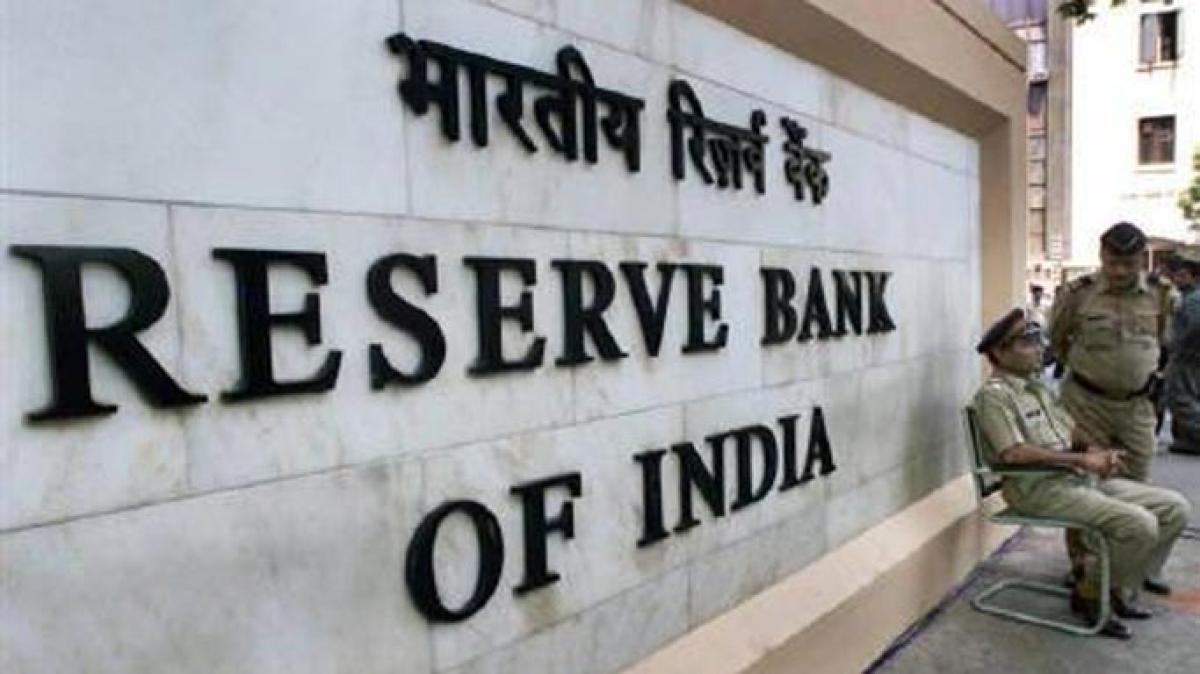Live
- HCLTech launches TechBee
- Industrial growth recovery expected in H2
- No arrests made yet, says Police Commissioner
- Bhupalapally: 22 selected for kabaddi tournament
- Safiya awarded PhD
- School for brick kiln workers’ children opens
- ISRO: A digital bridge and global diplomatic force
- Devanahalli toll plaza collects `308 cr in a single year
- Indiramma house survey conducted
- Alphores Narender Reddy donates Rs 1 lakh to library
Just In

x
Highlights
RBI employees will go on a day\'s mass casual leave on Thursday to protest the government\'s move to relieve the central bank of some of its vital operations \"in the name of the draft financial code and legislative reforms\".

Mumbai: RBI employees will go on a day's mass casual leave on Thursday to protest the government's move to relieve the central bank of some of its vital operations "in the name of the draft financial code and legislative reforms".
The strike, the first at the Reserve Bank of India (RBI) in six years, is expected to affect payment and settlements at banks and in markets. The prospect of the strike affected government bond sales on Wednesday, with volumes falling to 92.65 billion rupees ($1.40 billion), less than 50 percent of the daily average.
The employees are also opposing the proposed creation of a monetary policy committee that would include members of the government, seeing it as a curb on the RBI's decision making powers. Samir Ghosh, convenor of the United Forum of RBI Officers and Employees, told reporters that the mass leave call has been given to press for saving the RBI and settling pension issues.
"With the proposed mechanism of Monetary Policy Committee (MPC), the government plans to intervene and themselves decide the monetary policy which has been the exclusive jurisdiction of RBI so far," he said. The protest is meant to oppose the government's moves to cripple the RBI in the name of the draft financial code and legislative reforms, the United Forum said in a statement last week.
The draft Indian Finance Code (IFC) has proposed re-aligning of the powers of the RBI vis-a-vis the finance ministry through the composition and functioning of the monetary policy committee that would be responsible for setting rates.
"The objective of the monetary policy is to achieve price stability while striking a balance with the objective of the central government to achieve growth," said the revised IFC, proposing to do away with the veto power of the RBI governor for determining policy rates and instead suggesting a decision by a majority vote.
This is a big shift from the current practice where the RBI governor decides the interest rate though he consults the Technical Advisory Committee on policy rates that includes the Bank's deputy governors as well as experts and economists.
The RBI staff has also been demanding improvement in pension conditions, under which pensioners are not entitled to periodic updation of pension. Updation of pension was granted to pre-2002 retirees by the RBI Central Board but the government withdrew it unilaterally, Ghosh said.

Next Story
More Stories
ADVERTISEMENT
© 2024 Hyderabad Media House Limited/The Hans India. All rights reserved. Powered by hocalwire.com







